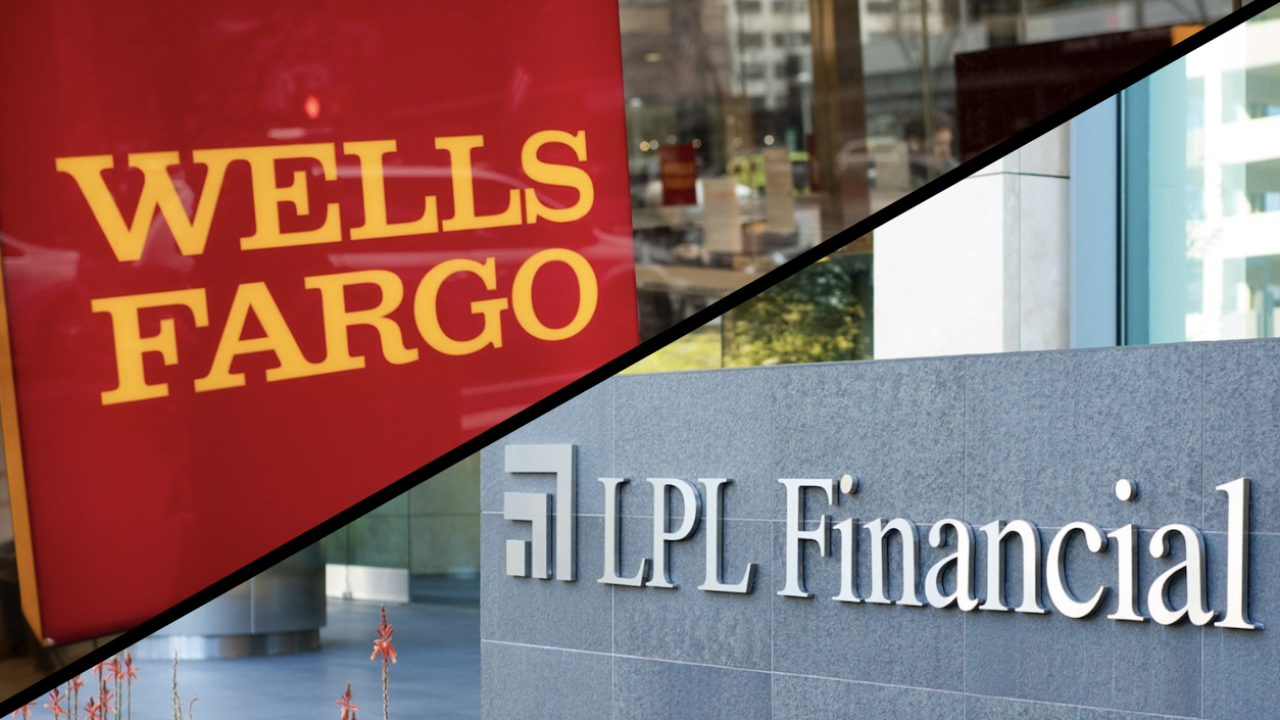While 2009 saw the world economy come close to imploding, 2011 growth, while not stellar, will begin to recover, said Craig Alexander, senior vice president and chief economist at TD Bank Group, on Friday at the TD Ameritrade Institutional national conference in San Diego, California.
The recovery seems to be going at two different speeds: while the emerging markets are growing strongly, the developed markets are recovering slowly. For example, interest rates in India and Brazil have increased 2%-3%, said Alexander. While the stock market sees efforts to tamper growth as negative, there is no question emerging market economies will be stronger. “Developing nations will represent two-thirds of world output in 2050,” Alexander said. “You can’t call them developing when they’re the lions share of growth. And remember with economic power comes political influence.”
While emerging markets have a great rate of return, the reality is those returns come with great risk. In Europe Alexander anticipates 1.5% growth over the next couple of years. He also forecasts Europe will raise taxes, cut spending and take back entitlements.
He expects debt restructuring in Europe as well. “These are the legacies of a financial crisis induced recession and the legacy stays with you,” Alexander explained. “With a financial crisis induced recovery, the impacts are twice as long, twice as deep and the speed of recovery is twice as slow.”
Alexander predicts housing will remain weak indefinitely and the job market will recover slowly as well. The reality is that the unemployment rate may be falling, but that’s because job seekers are leaving the market, not because they found jobs. “If we factor in discouraged and underemployed individuals, the true unemployment rate is 16%,” he said. “This year I expect two million jobs will be created. But even at two million jobs the unemployment rate won’t come down. It will rise.”
Yet that doesn’t mean investors shouldn’t invest in the stock market. Unemployment is on of the worst lagging indicators. It tells you where the economy has been, not where it’s going, said Alexander.
Alexander expects the U.S. economy to grow at 3% for the next couple of years -- possibly 3.5%. And he doesn’t anticipate interest rates rising until mid-2012.
For now he expects volatility so hold on for the ride.





